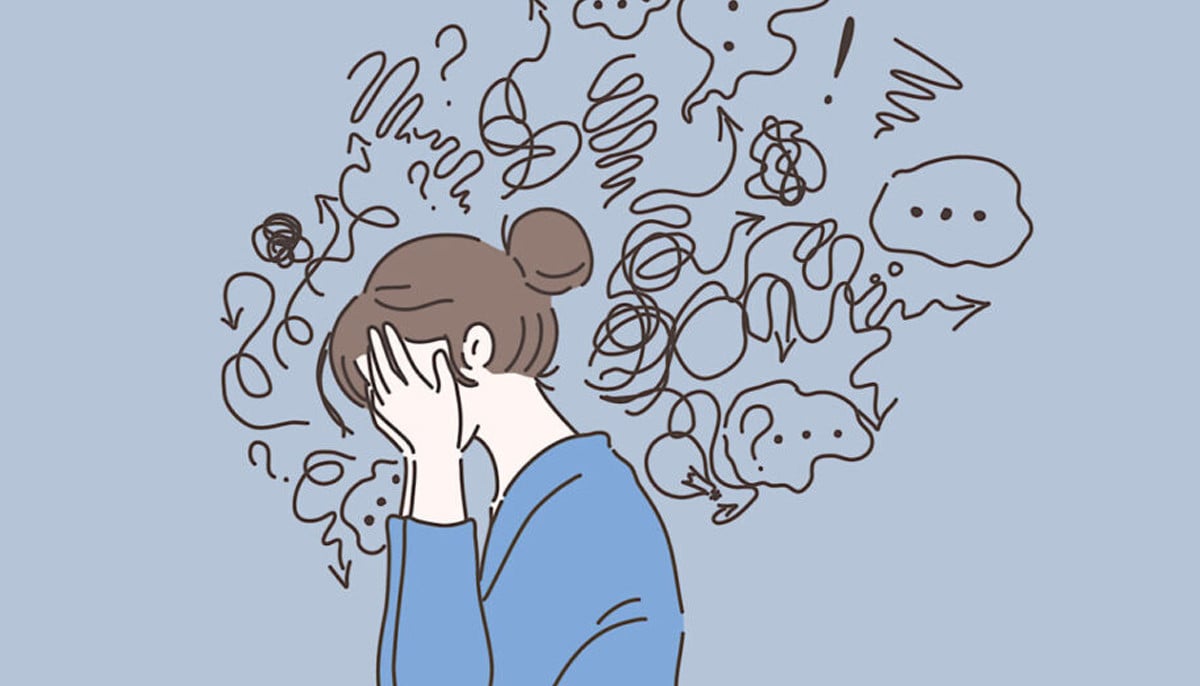Mental Health: Suppressing anxiety, depression, PTSD actually helps — Here's how
Mental health research indicates that training the brain to block out negative thoughts could have positive effects on mental health
Psychologists have demonstrated that the common understanding that suppressing negative thoughts was not good for your mental health may not be right, a new study has shown.
Michael Anderson, a cognitive neuroscientist at the University of Cambridge, shared, that "part of the objective in psychotherapy is to identify repressed thoughts, bring them to the forefront, and address them and this is thought to lead to improvement".
However, Anderson's recent research challenges this notion, proposing an intriguing alternative: the act of suppressing negative thoughts might actually yield improvements in symptoms related to anxiety, depression, and post-traumatic stress disorder (PTSD).
In a study recently published in the journal Science Advances, Anderson and his collaborator conducted research indicating that training the brain to block out negative thoughts could have positive effects on mental health.
Their study involved 120 adults from 16 different countries, each tasked with listing 20 fears regarding future events, 20 hopes, and 36 neutral events, such as a routine visit to the eye doctor.
Anderson explained, 'The fears couldn't be generic, like 'I'm worried that aliens will invade Earth.' Instead, they were recurring thoughts causing distress.'
Next, participants associated a single word with each type of event. For example, if someone's fear was related to their parents falling seriously ill with COVID-19, the associated word might be 'hospital.'
Half of the participants were instructed to focus on one of their negative words for a few seconds, preventing their thoughts from drifting towards more distressing ideas. In contrast, the other half received the same task but with their neutral words.
Anderson elaborated, 'They were instructed to push any stray thoughts out of their minds, even briefly, and to avoid distracting themselves. Lunch should not be on their minds.'
This exercise was repeated 12 times a day for three days. At the end of the study, participants who had blocked out negative thoughts reported that these fears became less vivid, and their mental health had notably improved compared to the group tasked with suppressing neutral thoughts. These findings remained consistent even three months after the study's conclusion.
Individuals who initially reported high levels of anxiety witnessed a remarkable 44% reduction in their self-reported worries on average. Among those dealing with post-traumatic stress, their overall negative mental health, as measured by a combination of self-reported anxiety, depression, and worry, decreased by an average of 16%, while their positive mental health increased by nearly 10%.
Anderson remarked, "Those with the highest trait anxiety and the most severe PTSD experienced the greatest benefits. Interestingly, we did not observe any instances of increased negative symptoms resulting from this intervention."
Furthermore, suppressing negative thoughts appeared to reduce the likelihood of participants' mental health issues worsening over time.
Three months after the study's conclusion, approximately 80% of participants reported that they continued to employ the thought suppression techniques they had learned during the study to manage their fears. Anderson and his team investigated whether people's fears rebounded or intensified but found no evidence to support such claims.
-
Emerging health threat: Toxic chemicals found in headphones, raising safety concerns among teens
-
Halsey’s rare health struggle you didn’t know about
-
Angelina Jolie and Brad Pitt mental health struggle amid divorce
-
Peter Dinklage shares achondroplasia struggle: 'My whole life I've had stares'
-
Celine Dion’s private battle with Stiff Person Syndrome
-
5 famous names who have spoken up about their anxiety
-
Janet Jackson on how vertigo left her unable 'to perform'
-
Kelly Osbourne talks about weight loss struggles












